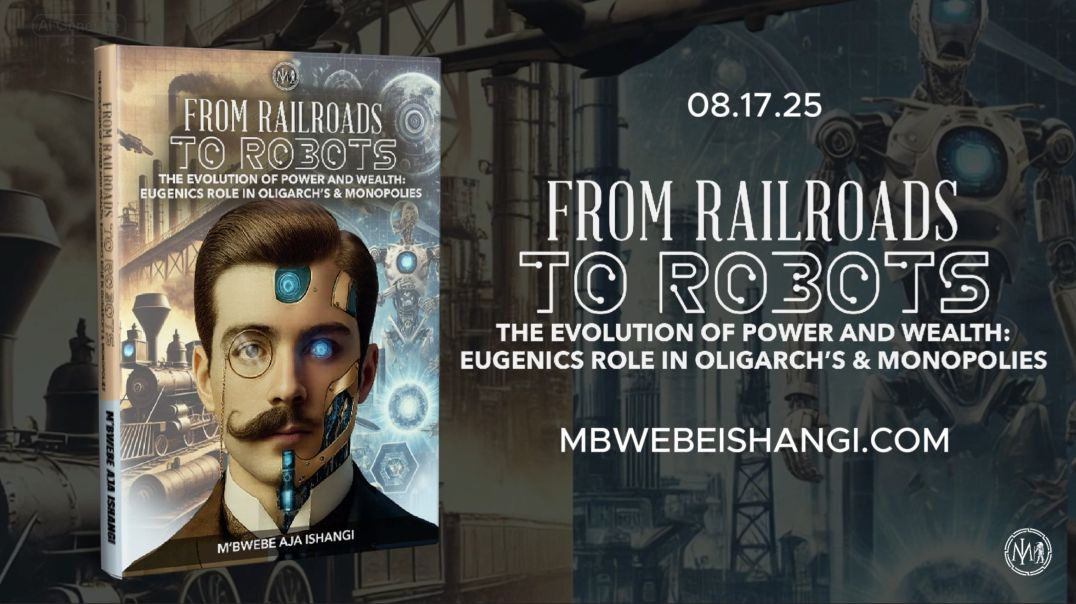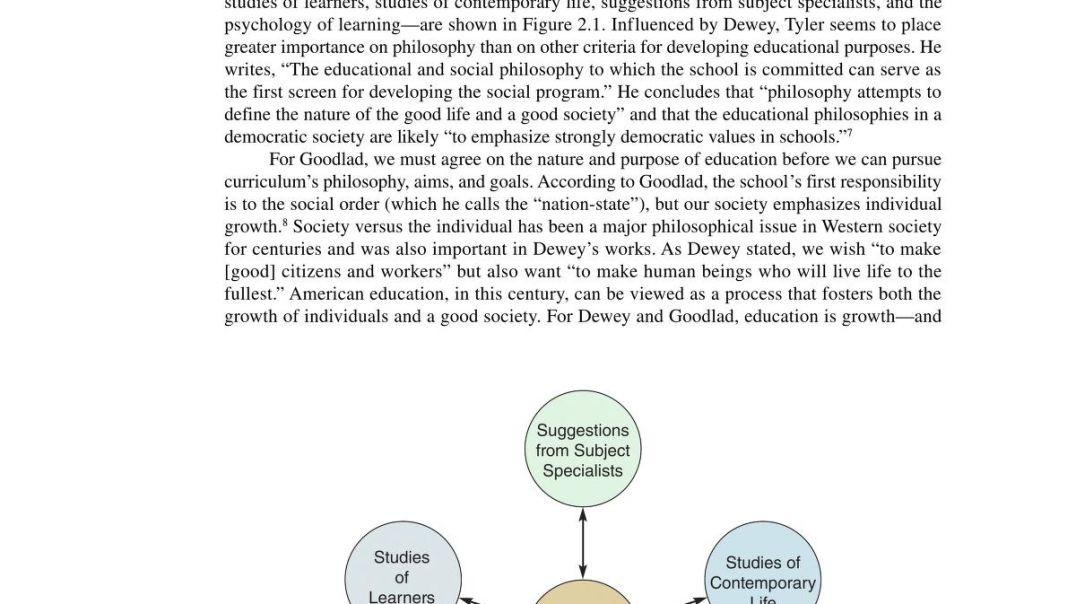Top videos
In a bold and historic move, Zambian President Hakainde Hichilema and Botswana’s President Mokgweetsi Masisi are joining forces to challenge Africa’s colonial past — starting with the borders that divide us. This inspirational story highlights their vision to break down artificial boundaries imposed by colonial rule, fostering true Pan-African unity, trade, and mobility.
This is more than politics — it’s a movement. A movement toward an Africa where people are not separated by lines drawn by outsiders, but united by shared heritage, culture, and purpose. What does this mean for Africa’s future? How could this change the continent forever?
Join us as we explore how this powerful collaboration could set the stage for a borderless Africa and a united generation of change-makers. 🇿🇲🤝🇧🇼
#makeafricagreat #panafricanism #zambia #botswana #hakaindehichilema #mokgweetsimasisi #africaunite #africanunity #dismantlecolonialism #africanleaders #BorderlessAfrica
#Love
#Peace
#africansolutions
This is the story of the gruesome murd3r of Dele Giwa, Newswatch editor, using a parcel b0mb in 1986. the questions are who kill3d Dele Giwa and why?
----------------------------------------------------
Subscribe to Hisple Media here: www.youtube.com/c/hisplemedia
----------------------------------------------------
OUR INTERESTING PLAYLISTS:
Military Coups in Nigeria:
https://www.youtube.com/playli....st?list=PL3xNtFz23a9
Lost History of Nigeria:
https://www.youtube.com/playli....st?list=PL3xNtFz23a9
Nigerian Civil War (Biafran War):
https://www.youtube.com/playli....st?list=PL3xNtFz23a9
Slavery in Africa and the Americas:
https://www.youtube.com/playli....st?list=PL3xNtFz23a9
----------------------------------------------------------
Follow us Social Media:
Twitter:
https://twitter.com/HispleM
Facebook:
https://web.facebook.com/Hisplemedia
Instagram:
Tiktok: @Hisplemedia
--------------------------------------------------------
Sources:
All images are from Google Images and used for educational purposes only.
Stock videos: pexels.com
Sound effects & Music: YouTube Audio Library
In celebration of the memory of Marcus Garvey and his works, on his 138th Birthday I am officially releasing my 6th book, ‘From Railroads to Robots - The Evolution of Power and Wealth: Eugenics Role in Oligarch’s & Monopolies’. Get your copy today!
Book Summary:
History doesn’t repeat—it upgrades.
We’re told AI is the future. But what if it’s just the next chapter in an age-old power play?
From Railroads to Robots - The Evolution of Power & Wealth: Eugenics Role In Oligarch’s & Monopolies exposes the chilling parallels between today’s tech moguls—like Elon Musk, Jeff Bezos, and Bill Gates—and the original monopolists of the Industrial Age. Behind innovation lies a pattern of control, wealth consolidation, and disturbing eugenic ideologies.
If you want to understand where we're headed, you must first understand who’s been steering the world all along.
This is your wake-up call.
Available in Paperback, eBook, Digital PDF, and *Audiobook
*Audiobook out September, but you can Pre-Order now!
Visit mbwebeishangi.com to purchase!
This video highlights the enduring legacy of Garveyism in Port Limon, Costa Rica and interviews elders who kept the movement moving for nearly 100 years.
Patsy got gifted some fresh red snapper by Maas Charlie… but instead of waiting on Miss Patsy, di mongrel link up him real G — Max di Rasta Cat 😹
This is a yard-side story full of patwa, belly-buss laughter, and Jamaican vibes.
🎬 Featuring:
✅ Rex – Di Country Mungrel
✅ Max – Di Rasta Yard Cat
✅ Maas Charlie – Principle man from the district
🎶 Original Reggae Background Track: “Circle Mi Ends”
💥 LIKE | COMMENT | SHARE
Subscribe for more patwa comedy and real Jamaican yard storytelling.
🔔 Turn on notifications so yuh nuh miss di next one!
#dog #funny #comedy #dogvlog #jamaicancomedy #jamaica
Zuri is just 10 months old, but she already has BIG personality! 🤣
In this hilarious Jamaican comedy skit, Zuri visits Grandma Patsy in the countryside — with her trusty dog Rex nearby. From WiFi questions to oxtail cravings, you’ll be laughing from start to finish.
This series brings Jamaican culture, patois, and everyday family vibes to life with a comedy twist. Don’t miss Rex’s reactions, Patsy’s country charm, and little Zuri’s surprising lines.
👉 Subscribe for more Jamaican comedy, family fun & viral moments!
👉 Drop a comment: Who’s your favorite character — Zuri, Rex, or Grandma Patsy?
Shop Rex Merch: https://rexdicountrymungrel.com/rex-shop/
Connect with Rex
Instagram:https://www.instagram.com/rexdicountrymungrel
Facebook:https://www.facebook.com/RexDi....CountryMungrel/Insta
Contact/Collab: https://rexdicountrymungrel.com/contact-rex/
#jamaicancomedy #zuriandrex #caribbeanhumor #patoiscomedy #familycomedy #viralshorts #zuriseries #jamaicanculture #funnybaby #grandmaandbaby #funny #comedy #comedyvideos
Bro motivate bro iron sharpen irons
Itaoua EV Factory under construction in Burkina Faso
FOLLOW US ON SOCIALS
Instagram - @twi.madeeasy
Facebook - Twi MadeEasy
#learntwi#twiforbeginners#funtwilearning
Selikem on Door Abibitumi connection










